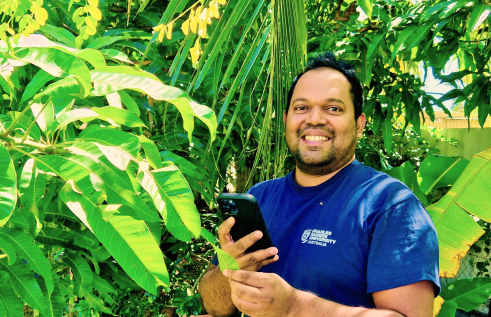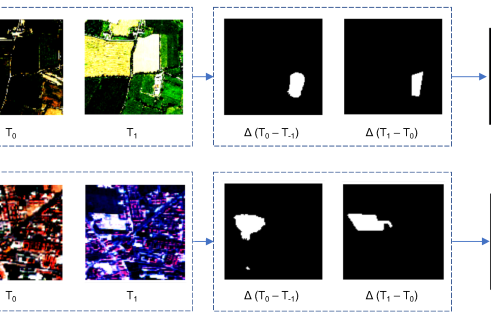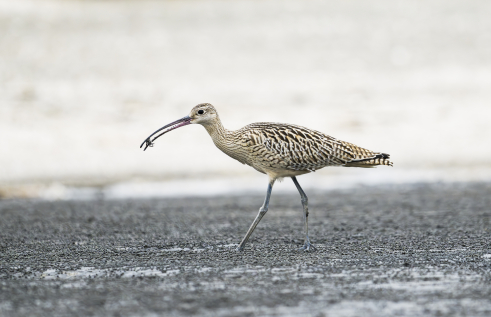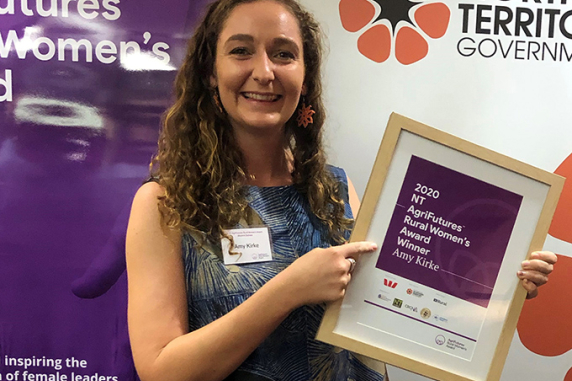News article
Shark scientist wins rural women’s bursary
PhD candidate Amy Kirke will represent the Northern Territory at the National Rural Women’s Award after winning the AgriFutures NT Rural Women’s Award for a project to take science education into remote communities.
Ms Kirke said she planned to use the $10,000 Westpac bursary on a project to deliver STEM engagement workshops in rural communities.
“A passion of mine is to bring science education to rural and remote communities and I was drawn to the idea to use industry to benefit my community in the NT,” Ms Kirke said.
“With an industry-paired science program, we could promote collaboration, sustainability and innovation for the future of the NT.
“There’s a huge capacity among remote communities to be involved in the sustainable management of their resources.”
The AgriFutures Rural Women’s Award is presented each year to inspire and support Territory women in the rural sector.
Ms Kirke said the first step would be to engage communities to assess their level of interest, commitment and priorities.
“I’m planning to trial the program in Darwin, but the aim is to take it to Katherine, Tiwi and Arnhem Land.”
Ms Kirke, who moved to the NT two years ago, is working with NT Fisheries on a biological and ecological study of sharks to give resource managers a better understanding of various species of shark.
“I’m looking at Whitecheek Shark, Milk Shark and the Hardnose Shark, all of which incidentally are caught in commercial fishing. I’m collecting important data on factors such as reproductivity, numbers, locations, age and growth,” she said.
Related Articles

Rooting out plant diseases: Are computers ready to run our farms?
Nature is still too complex for artificial intelligence (AI) modelling to be effective, but the tipping point is close, according to a new study that found the technology may still trip at the last real-world hurdle.
Read more about Rooting out plant diseases: Are computers ready to run our farms?
Tech on the treetops: How AI can protect forests
The Artificial Intelligence model was developed to detect changes in forest cover.
Read more about Tech on the treetops: How AI can protect forests
Volunteers protected Darwin wildlife for 50+ years, but new research suggests it’s time to stop winging conservation efforts
Volunteers have shouldered the burden of shorebird conservation in the Top End for more than half a century, but new research from Charles Darwin University (CDU) suggests it’s time for the government to take responsibility for all of the Northern Territory’s residents – including those with wings.
Read more about Volunteers protected Darwin wildlife for 50+ years, but new research suggests it’s time to stop winging conservation efforts
